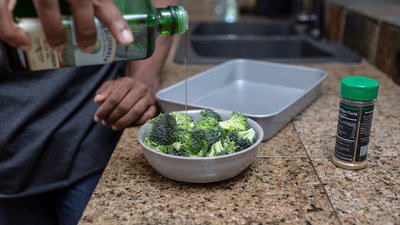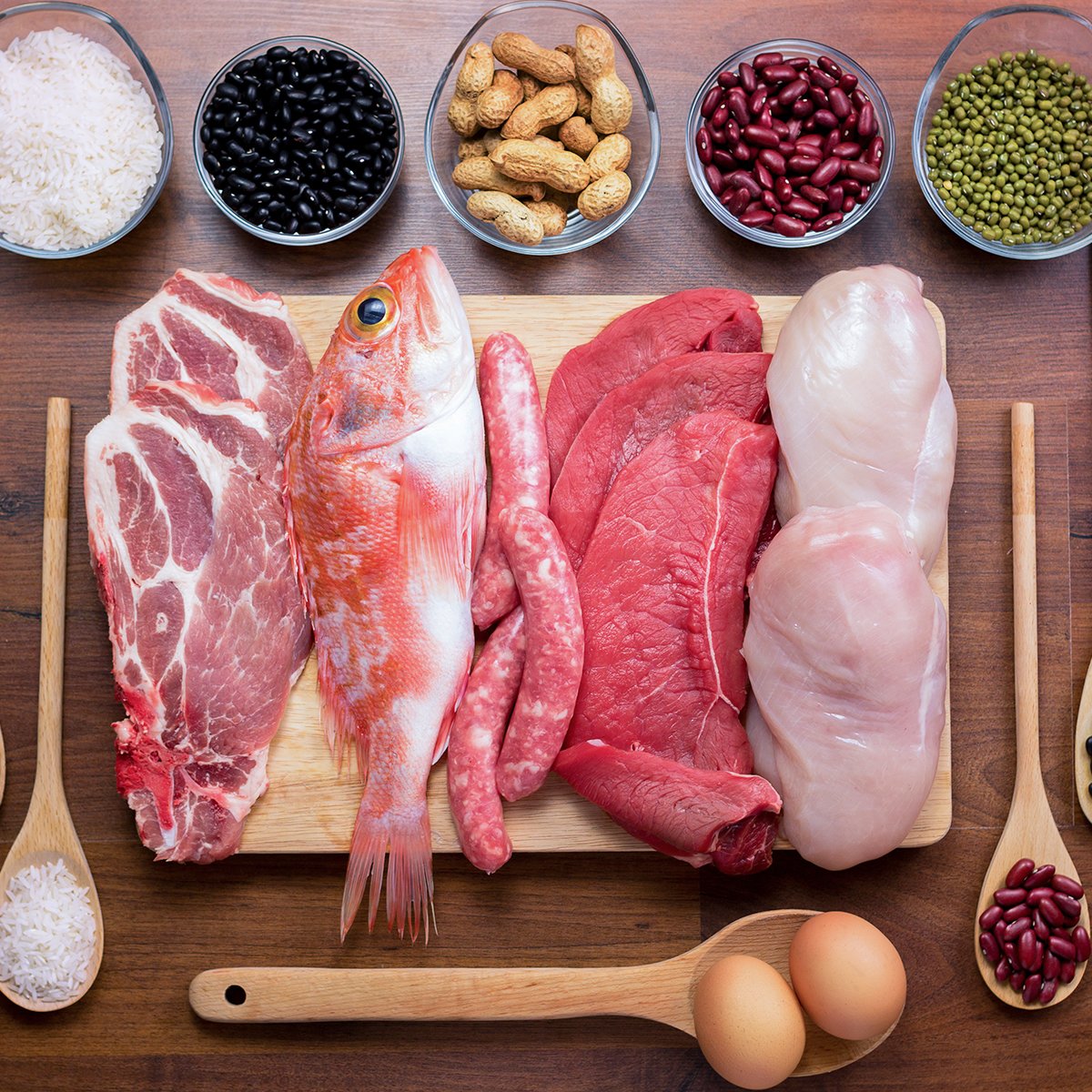Protein
Protein is an important part of your weight-gain diet, but there's a point after which more protein isn't necessarily better—it's just more. You can find weight-gain diets that suggest you eat 2-3 grams of protein per pound of body weight, or even more, but registered dietician Doug Kalman, Ph.D., says beyond a certain point, all that extra protein may not do much to increase muscle mass. Instead, it could just empty your wallet and upset your stomach.
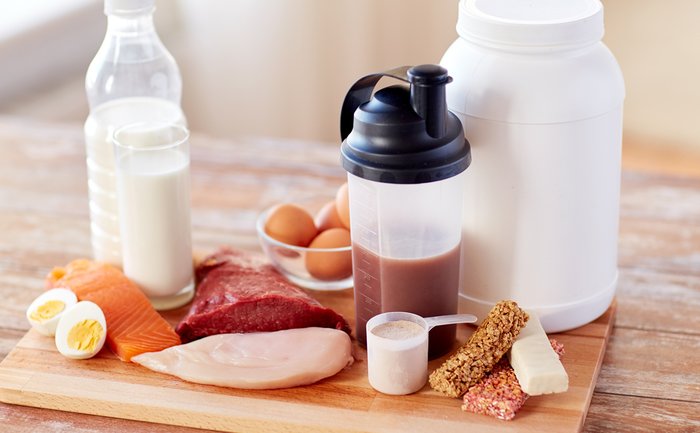
"As long as you're in the protein sweet spot of 0.8-1 gram per pound [of body weight], consider yourself covered. For most people, this breaks down to about 20-30 percent of total calories."
According to Kalman, the best plan is to space your protein out in 20-40-gram doses throughout the day.
Carbohydrates
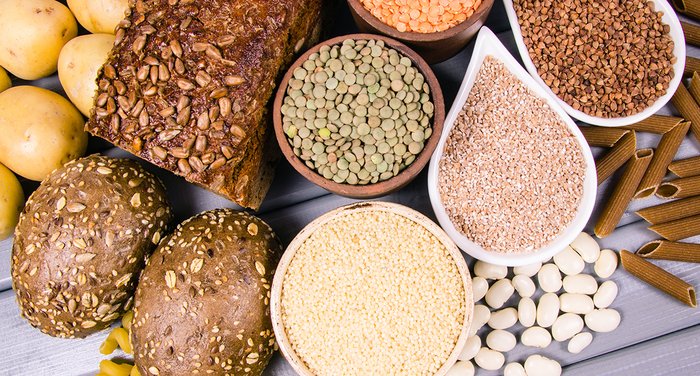
Shoot for 50 percent of total calories from carbs to support strength, size, and performance. Here are a couple carb tips from Kalman's video in Bodybuilding.com's Foundations of Fitness Nutrition course.
- "When you're looking to add weight, it is definitely NOT the time to go low-carb. Yes, you may see a slight decrease in muscle definition when you're adding weight. That's OK. Every pound of muscle you add now will make it easier to become more defined later."
- "Even if you're bulking, keep added sugars as low as possible. There is really nothing to be gained by relying on them, other than pounds of fat. Whole grains. Veggies. Fruit. These are your carbs—eat lots of them."
Fat
Fats are an important part of the human diet. They help you digest certain types of vitamins and maintain optimum hormones and brain function, among many other crucial functions. But they are also the easiest way to add extra calories. Each gram of fat contains 9 calories, more than twice the number of calories per gram as protein and carbs, which both contain 4 calories per gram.
Along with all this energy, fatty foods also usually taste really good. But this doesn't mean you should stock up on donuts. Prioritize fats from quality sources including nuts, seeds, avocado, meat, and olive oil and you'll get all the benefits, without the empty calories.
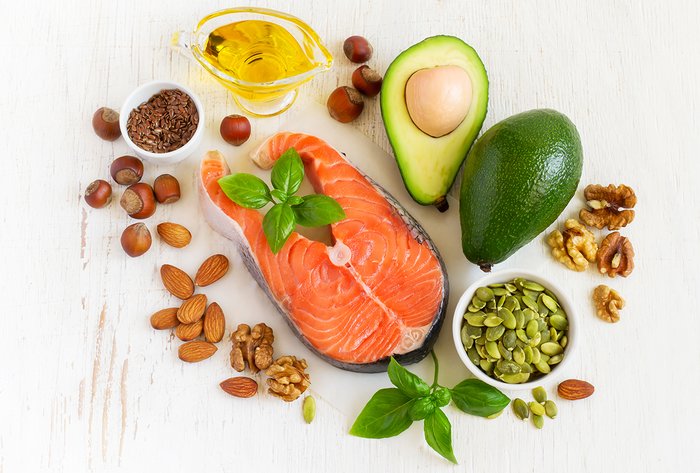
Fats also have the lowest thermic effect of food compared to carbs and protein. That means that your body burns anywhere from 5-30 percent fewer calories digesting fats than it does the other two macronutrients.[1,2] The fewer calories your body expends to digest the food, the more weight you can retain.
An easy way to up your diet's fat content is to cook your meat and vegetables in olive, coconut, or other calorie-rich oil. You can also add a little oil to your protein shakes—don't worry, you won't taste it. You can also sneak in some extra fat with your selection of protein. Instead of going for super-lean meat, choose 80/20 ground beef, chicken thighs instead of chicken breasts, and look for a little more marbling in your steaks. Good options include rib-eye and T-bone.

